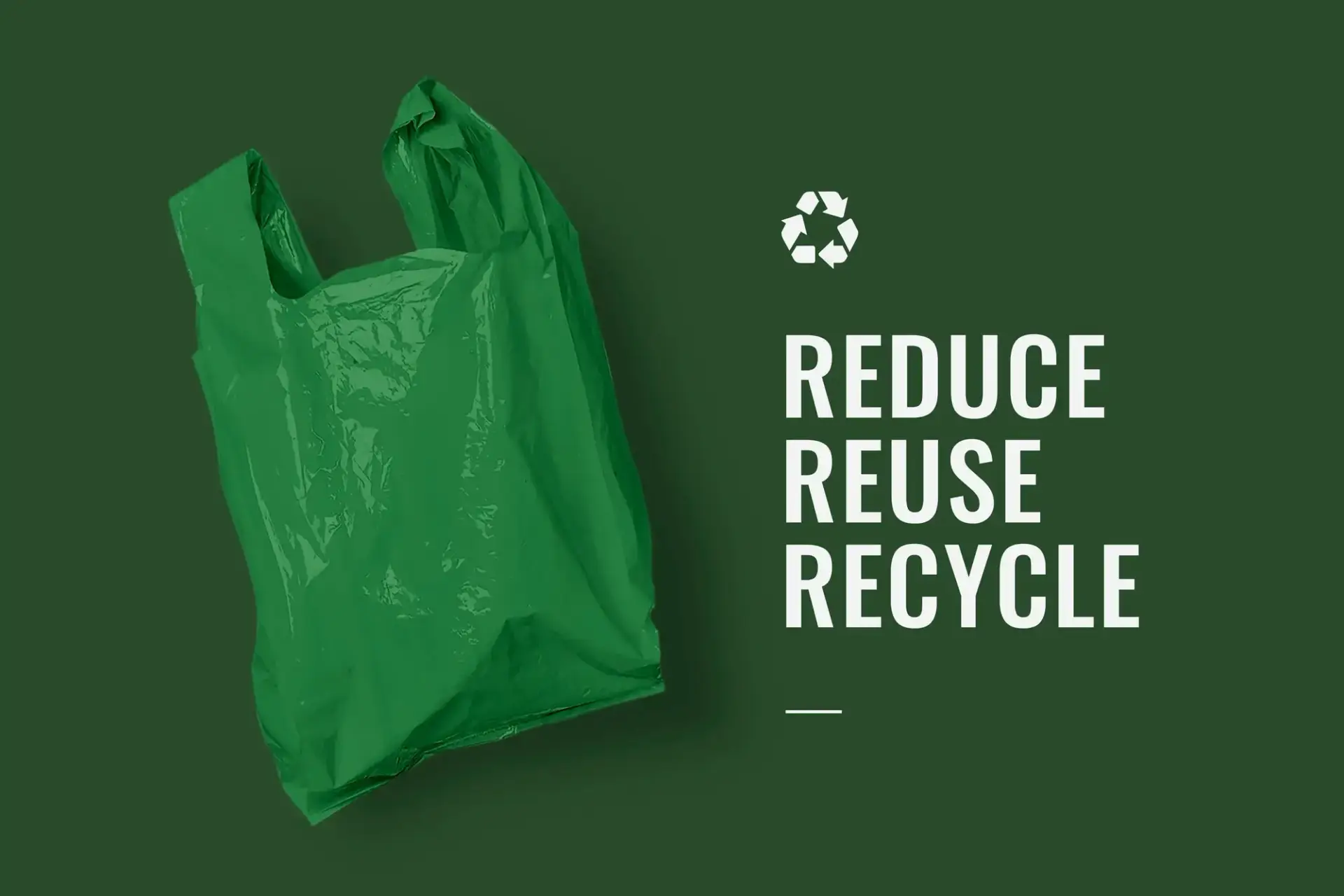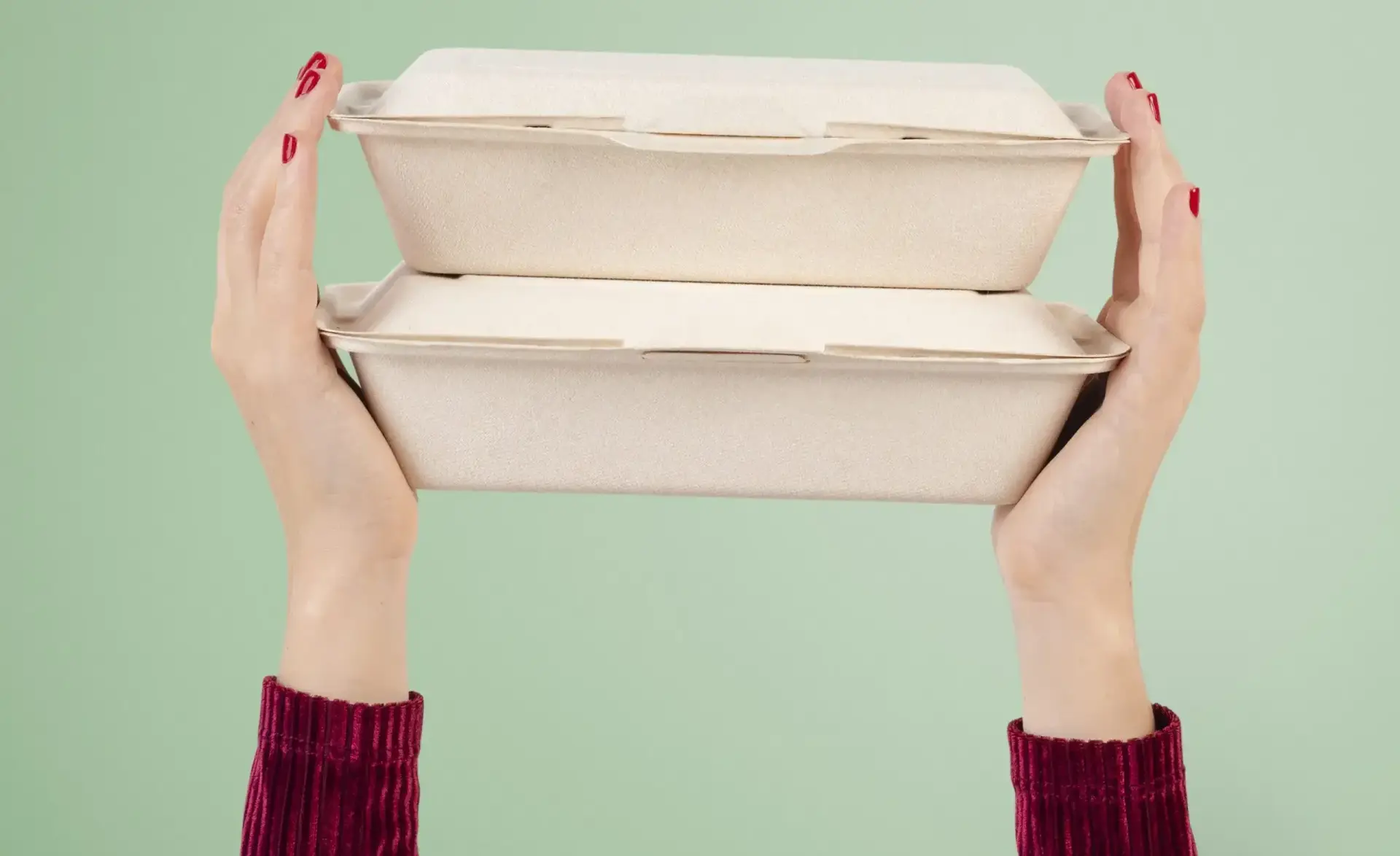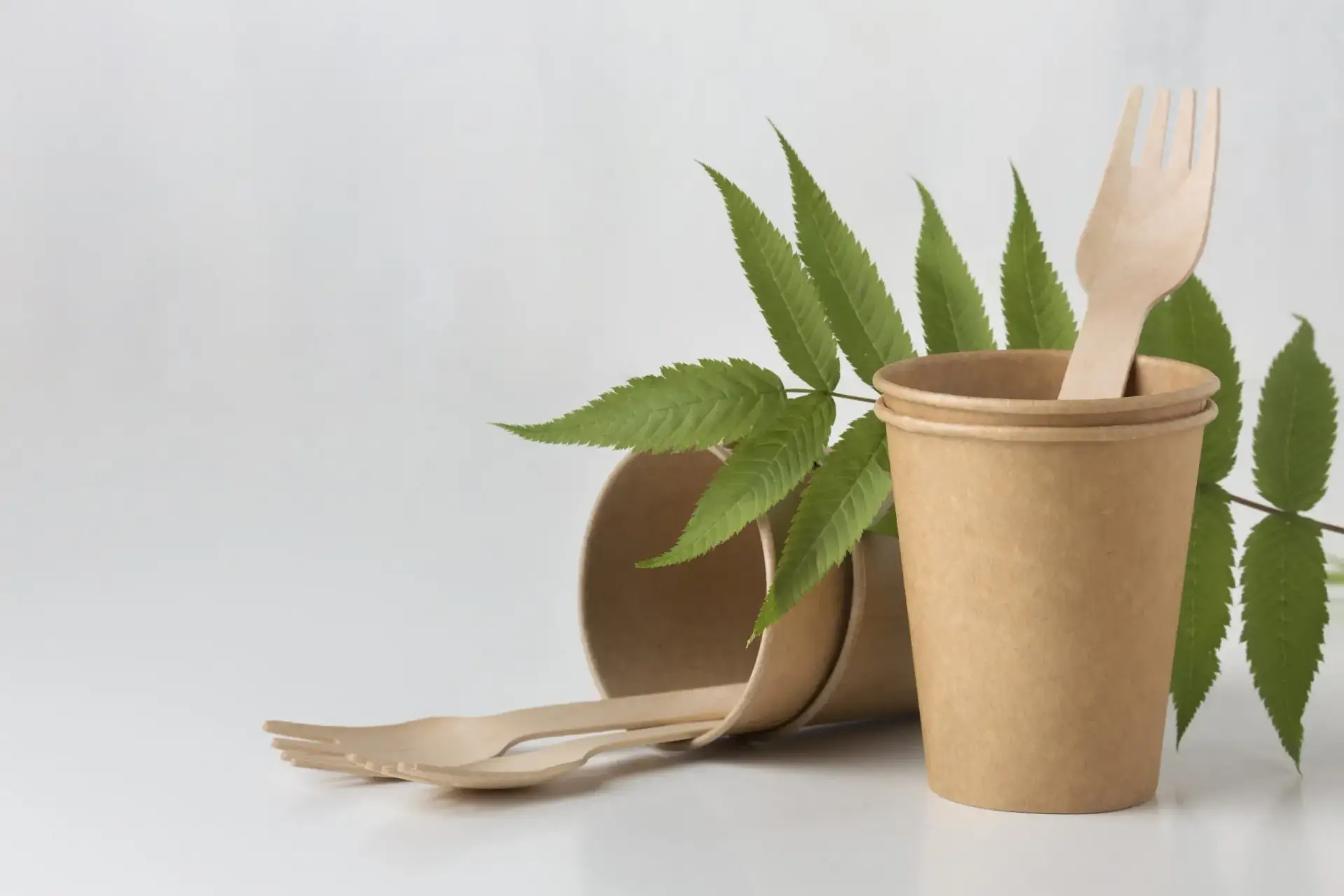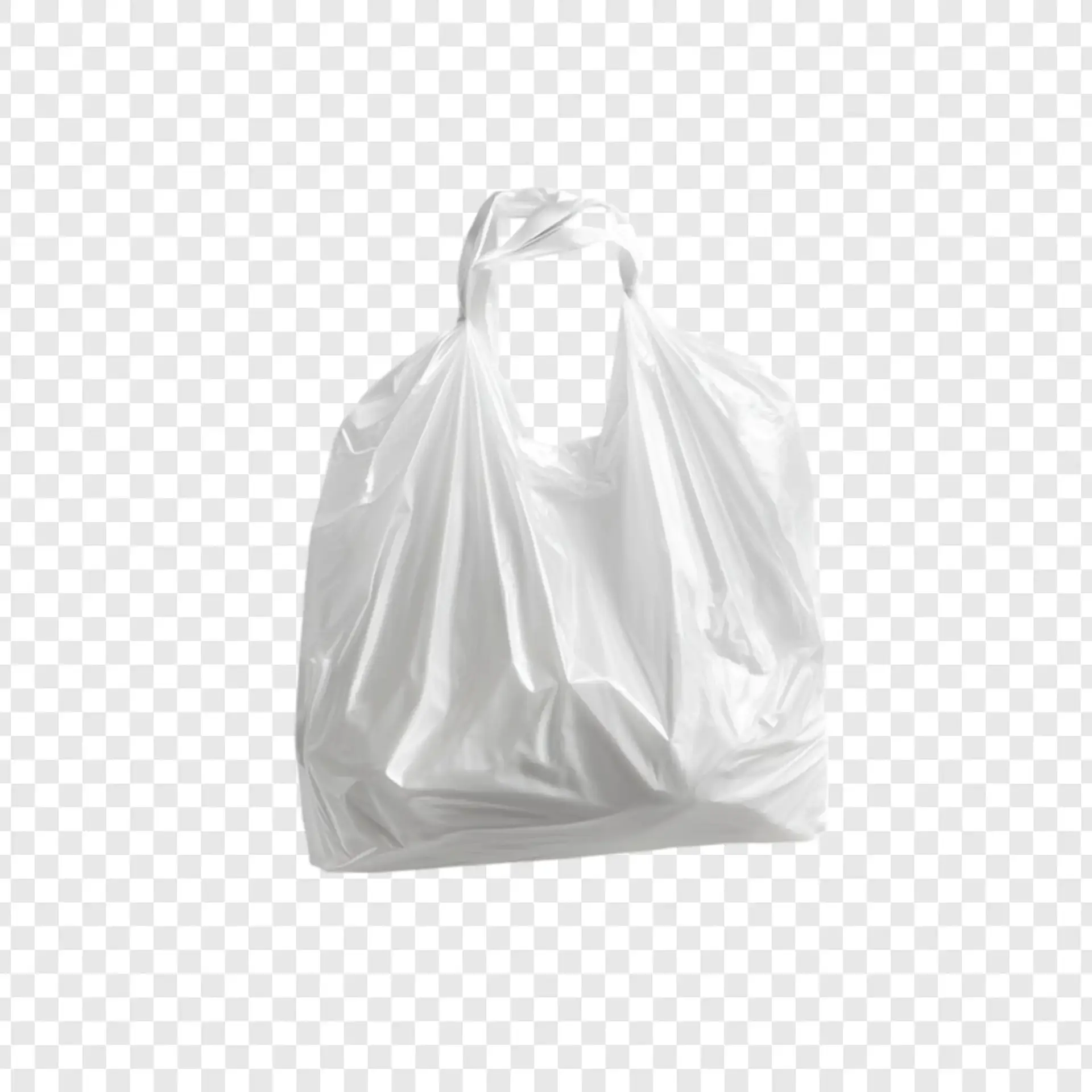Biodegradable Products in Daily Life – Worth It for Indians?
In a country as diverse and fast-paced as India, our daily choices have a massive impact on the environment. From the bag we carry groceries in to the cup we sip tea from, every item plays a role in either preserving or polluting our surroundings. Over the past decade, biodegradable products have become more than a trend — they’re a necessity. But the big question remains: Are they truly worth it for Indian consumers?
Why India Needs Biodegradable Products More Than Ever
India generates over 3.5 million tonnes of plastic waste annually, and unfortunately, a large portion ends up in landfills, rivers, or the ocean. Traditional plastic takes hundreds of years to decompose, while biodegradable products break down naturally, often within months.
With government bans on certain single-use plastics and growing consumer awareness, the switch to biodegradable alternatives is not just an eco-choice — it’s becoming a practical necessity.
Types of Biodegradable Products You Can Use Daily

Here’s how Earth Relief’s biodegradable products fit seamlessly into your daily routine:
Cornstarch-Based Carry Bags
Durable, lightweight, and compostable
Ideal for grocery shopping, available in the Earth Relief Store
Comparison: Unlike regular poly bags, they decompose in 180 days under composting conditions

Sugarcane Pulp Tableware
Plates, cups, and bowls that can withstand heat and liquids
Perfect for parties, events, and home use
Comparison: Plastic plates leave microplastics, sugarcane pulp doesn’t

Bamboo Cutlery
Stylish and reusable
Can be composted at the end of life
Comparison: Metal cutlery lasts longer but isn’t disposable; bamboo bridges the gap

Biodegradable Garbage Bags
Reduces methane release from landfills
Suitable for both wet and dry waste
The Cost Factor – Are Biodegradable Products Expensive?
Many consumers worry about price. Yes, biodegradable products often cost slightly more than their plastic counterparts, but when bought in bulk or directly from eco-focused brands like Earth Relief, the difference is minimal.
Think of it as an investment:
-
You’re protecting your health (no toxic chemicals leaching into food)
-
You’re preserving the environment for future generations
How Biodegradable Products Impact Health
Unlike plastic, which can release harmful toxins, biodegradable products are generally made from plant-based materials. This means:
-
No microplastic contamination in food
-
Reduced air pollution when disposed of properly
-
Less landfill methane which contributes to global warming
Consumer Awareness – Spotting Fake ‘Biodegradable’ Claims
Not all products labeled as “biodegradable” truly are. Some contain plastic blends that only partially degrade, leaving harmful residues.
Here’s how to identify genuine biodegradable products:
-
Look for certifications like ISO 17088 or ASTM D6400
-
Check if the product is compostable under industrial or home conditions
-
Buy from trusted brands like Earth Relief instead of unknown sources
The Final Verdict – Worth It?
Absolutely. While the initial cost might be higher, the long-term benefits for health, the environment, and sustainability outweigh the drawbacks. Choosing biodegradable products is not just about being eco-friendly — it’s about being responsible citizens of India.
